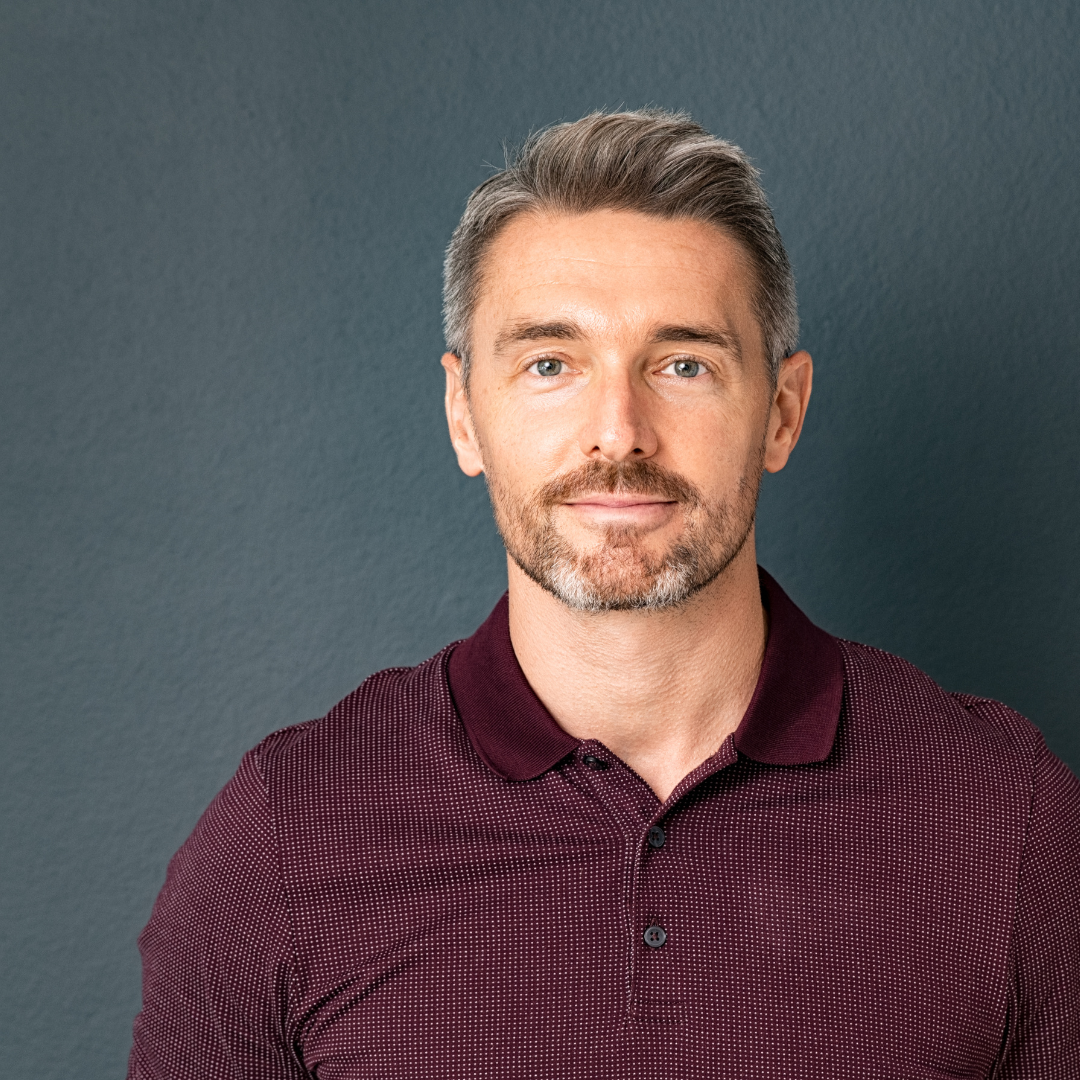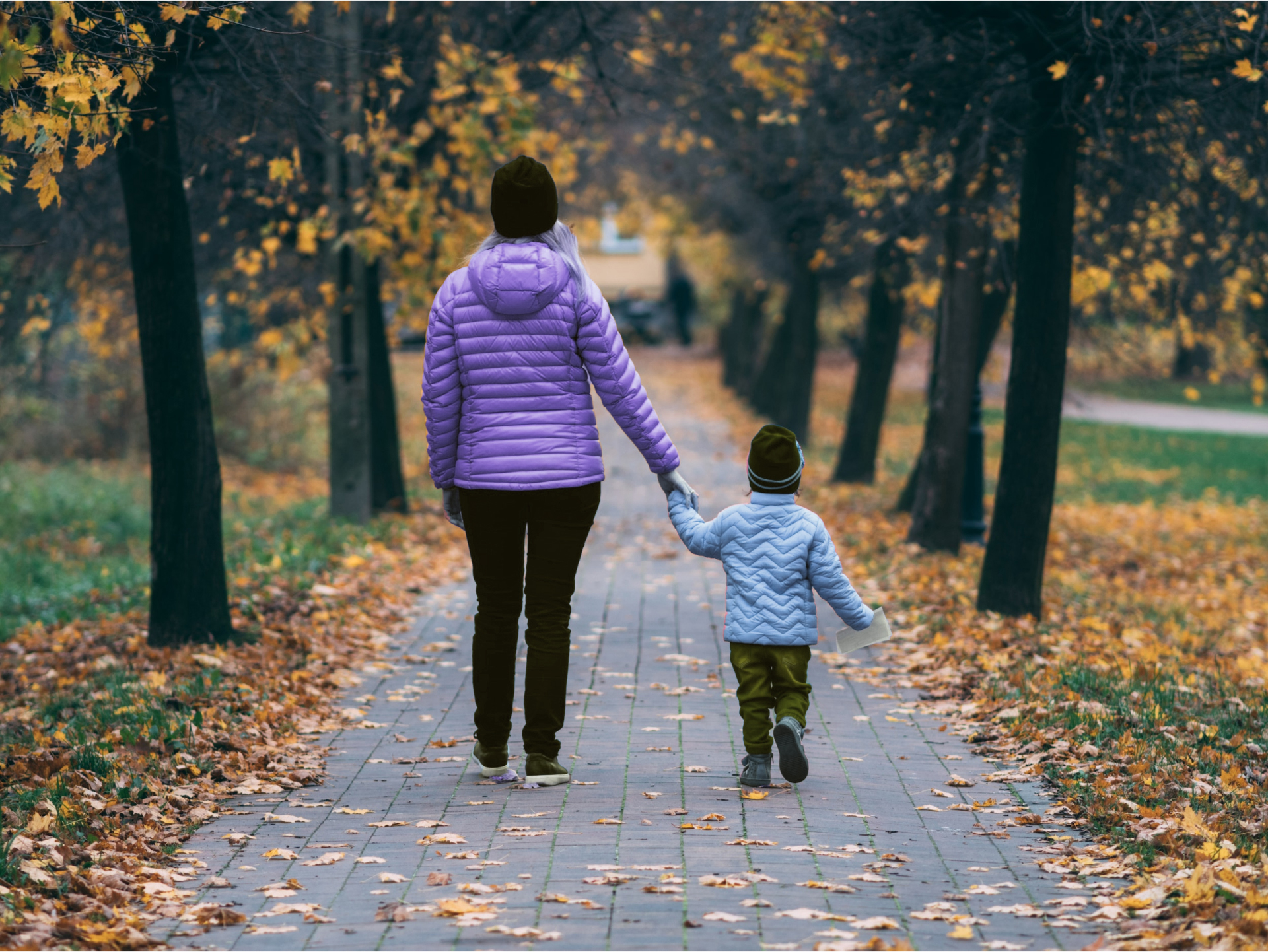Common Concerns
How will my child feel not having a mum in the family?
Children are all different. Some seem to barely notice that they don’t have a mum and rarely ask questions. Other children may express sadness about not having a mum and that can be difficult to hear sometimes. If you have a close relationship with your own mum you may also feel some sadness that your child won’t experience that particular familial relationship.
As with so much parenting, the important thing is to make sure you keep your own feelings and needs separate from your child’s and you do your best to create a warm, open environment where your child feels safe and comfortable to express difficult things. For a child, being able to express difficult feelings is a good thing! Being prepared and thinking about how you might answer questions about ‘mum’, either from your child or from others, can be helpful. It probably will come up at some point, so it’s better to think about it ahead of time and not be caught unprepared. We have resources and support around that so do have a look at our books and member services.
There can be an assumption that any question or comment from people outside the family about ‘mum’ is either an attack or criticism. It might be that, of course, but in our experience those kinds of questions mostly come from curiosity and interest, a wish to connect, or perhaps just a default to the ‘norm’ of mum and dad families, rather than any hostility. Sometimes comments are worded clumsily or insensitively, but other people are playing a catch up game to understand something that you’ve probably been considering and exploring for months or years. Try to hear the intention behind the words and use the conversation as an opportunity to engage.
You might want to have a look at the section on ‘Making the Decision’ too, as this explores more about the feelings that can come up. And, of course, consider joining our Network to connect with others and get support. It’s exactly what we’re here for, after all.
How will I manage as a solo parent?
Going though fertility treatment, especially with surrogacy, is a huge job and can be practically very challenging. It’s hard enough when there’s two of you but it can feel overwhelming when you’re on your own. This is where good preparation and building a strong network around you is really important. As a start, connecting with other solo parents and hearing how they’ve navigated this path can be invaluable. Having someone to talk to through the surrogacy journey who’s been there before can be really reassuring and – once the baby arrives – making sure you know who can help if you’re unwell or need extra support is vital. It’s really important to think through who in your network might be able to provide that support and start building those relationships before baby arrives. For these questions and a whole lot more, do consider signing up for DCN membership to find a network of solo parents. You also might find it helpful to check out our personal stories as many of these are told by solo parents.
Answering questions
As a solo dad, you’re bound to get asked questions about how the baby arrived and possibly about where the mum is. Sometimes these questions can feel intrusive or inappropriate but it can be helpful to remember that the majority come from a place of genuine curiosity. How you answer them is up to you but it can be really helpful to think through different situations (for example, at parent and baby groups or whilst telling colleagues at work that you are having a baby) and considering how you’ll talk about your family is important. It’s also important to equip your child with tools to be able to answer questions confidently if and when they arise.


